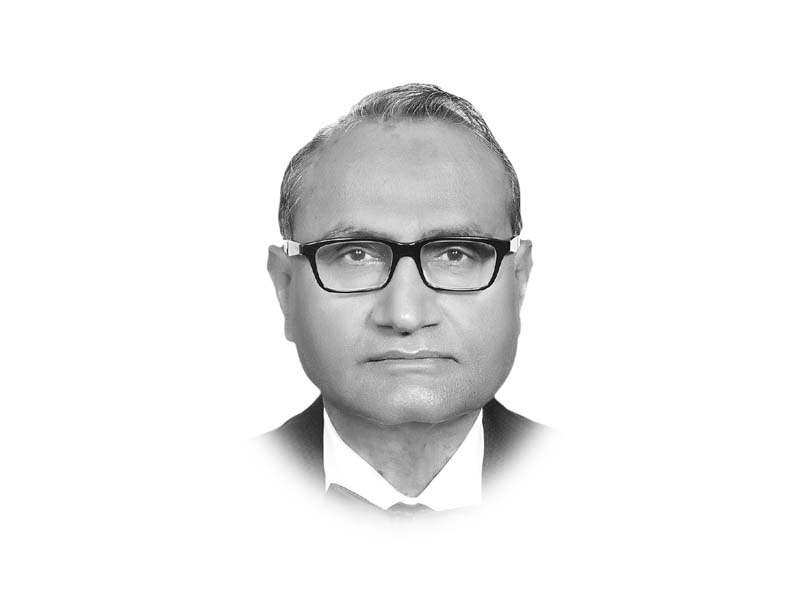
With cars without drivers, restaurants served by robots, platforms replacing the factory and global value chains predominating, the old notion of a fully employed economy with a satisfied working class is constantly being challenged. Gone are the days when economic growth created decent jobs for most of the workforce and social security mediated between the employers and the unions by a socially responsible state that took care of those left out or left behind by disability or the market. In our own context, a great debate took place on the right to work during the constitution making in the early 1970s.
Article 3 on elimination of exploitation reflected this debate: “The State shall ensure the elimination of all forms of exploitation and the gradual fulfillment of the fundamental principle, from each according to his ability to each, according to his work.” It was, however, part of the introduction to the Constitution. Article 37 (e) meant to “make provision for securing just and humane conditions of work, ensuring that children and women are not employed in vocations unsuited to their age or sex, and for maternity benefits for women in employment” was made part of the principles of policy.
Article 38 on promotion of social and economic well-being of the people made the state responsible to “(a) secure the well-being of the people, irrespective of sex, caste, creed or race, by raising their standard of living, by preventing the concentration of wealth and means of production and distribution in the hands of a few to the detriment of general interest and by ensuring equitable adjustment of rights between employers and employees, and landlords and tenants; (b) provide for all citizens, within the available resources of the country, facilities for work and adequate livelihood with reasonable rest and leisure; (c) provide for all persons employed in the service of Pakistan or otherwise, social security by compulsory social insurance or other means; (d) provide basic necessities of life, such as food, clothing, housing, education and medical relief, for all such citizens, irrespective of sex, caste, creed or race, as are permanently or temporarily unable to earn their livelihood on account of infirmity, sickness or unemployment; (e) reduce disparity in the income and earnings of individuals, including persons in the various classes of the service of Pakistan.”
This Article was also included in Chapter 2 on principles of policy. The observance of these principles was subject to the availability of resources and nonobservance could not be challenged in a court of law.
The right to work and be secure was thus not recognised as a fundamental right. However, under Article 17, union formation was part of the fundamental right related to freedom of association. Minimum wage in the Finance Bill thus, works like an introductory statement or a principle of policy in the Constitution.
Published in The Express Tribune, April 21st, 2017.
Like Opinion & Editorial on Facebook, follow @ETOpEd on Twitter to receive all updates on all our daily pieces.
1734931835-0/Untitled-(81)1734931835-0-405x300.webp)















1734778885-0/Untitled-(10)1734778885-0-270x192.webp)

COMMENTS (1)
Comments are moderated and generally will be posted if they are on-topic and not abusive.
For more information, please see our Comments FAQ